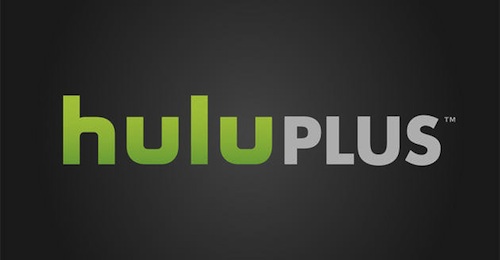As more people cut the cord, streaming services like Netflix, Hulu, and Amazon Prime are going to become increasingly important (I forgot Chromecast there; muh b). This will all be tied up in whatever the “TV of the future” is like — and contextually, what the “experience of TV in the future” will be like. Steve Jobs thought he had cracked a code before his death, but the Apple TV he was hoping for still isn’t there.
All these models have different, yet similar, business plans. In each case there’s a subscriber base, and on top of that, they acquire rights to content and allow you to stream it, often with ads. Netflix tends to be slightly older content — they recently released the final season of Breaking Bad and the most recent season of Mad Men, for example — and Hulu tends to be more immediate (i.e. last night) network content for selected shows/networks, while Amazon Prime has a mix (but for the most recent content on there, you typically have to pay $2.99/episode for HD).
Netflix finished 2013 pulling in as much revenue as HBO (but far less profits), and Hulu has $1 billion in revenue and 5 million subscribers. Amazon operates at a loss on almost everything it does, Prime Video being no exception. Buying the rights to the shows, though, can be pricey — so each model has tried to develop their own content. Netflix started with uneven things like Hemlock Grove, but found their footing with shows like House of Cards and Orange is the New Black. Some people believed Amazon’s first two original shows — Betas and Alpha House — were uneven (I didn’t), but this new show they’re working on, Transparent, looks to be a big deal.
Now to Hulu. I watch Hulu more than the other two currently — I mostly go on Netflix for documentaries, and Prime Video sometimes for new episodes of Workaholics or the free movies — and I can tell you that almost every “Ad 1 of 3” you get on Hulu seems to be for a new original series they’ve developed. Here’s their landing page for originals, and by some estimates, they have over 30 original shows right now — with plans to grow even more in the coming years. Here’s what they say to the press:
But she said that broadly speaking, Hulu is “moving from being a pipe that carries other people’s stuff to a service that has a personality and more of a personal relationship with our end user. And I think that’s an important evolution for us as a company.”
That’s a paradigm shift because most people — that just click on a device at the end of the day, but don’t necessarily think about how it all works — view Hulu as a place to find SNL clips or recent episodes of network shows; they don’t view it as a channel all its own, with a slate of unique programming. But if they can get to more of that and less of the “borrowing other content” model, that could be long-run successful for them. There is a 6:1 gap in terms of free users (30 million) and Hulu Plus subscribers (5 million) which they may need to address, and unique original content could help them do that. While Chris O’Dowd is in Moone Boy and Seth Meyers is one of the voices behind The Awesomes (and Eva Longoria is in Mother Up, another animated show), probably the next big thing they need is a show with a huge name just for Hulu. Kevin Spacey wasn’t necessarily a huge box office draw, but he’s a huge name. That was big for Netflix. Jeffrey Tambor and Judith Light are big enough names for the Transparent show on Amazon. Often as you continue to build out a brand, being connected with well-known entities is important — so if Hulu could get an eight-episode commitment from a big name, that might be the next natural step in its evolution (no, Mario Lopez and Tyler Labine are not those people). The Young Turks is headed there, which is interesting.
And like I said above, I haven’t even touched on ChromeCast and the ability to buy full movies and shows on YouTube (a platform built into Roku and Apple TV and familiar to masses of humanity):
Generationally-speaking, traditional TV isn’t going anywhere just yet. But as these digital networks continue to evolve and have their own content, we could see a lot more paradigm shifts. I can’t even keep up with the original content Hulu has out there, but I’m grateful (and mostly interested) that it’s there.

One Comment
Comments are closed.